
The early memory and attention skills are related to later academic skills
Key points: A child’s memory and attention skills during the first four years of life can predict academic achievement once they start formal…
Discover the key milestones of physical, cognitive, linguistic and socio-affective child development and understand the science behind child development.
Discover the key milestones of physical, cognitive, linguistic and socio-affective child development and understand the science behind child development.

Key points: A child’s memory and attention skills during the first four years of life can predict academic achievement once they start formal…

Key points: Working memory is important for short-term mental tasks and allows us to hold information in our minds. The exact areas of…
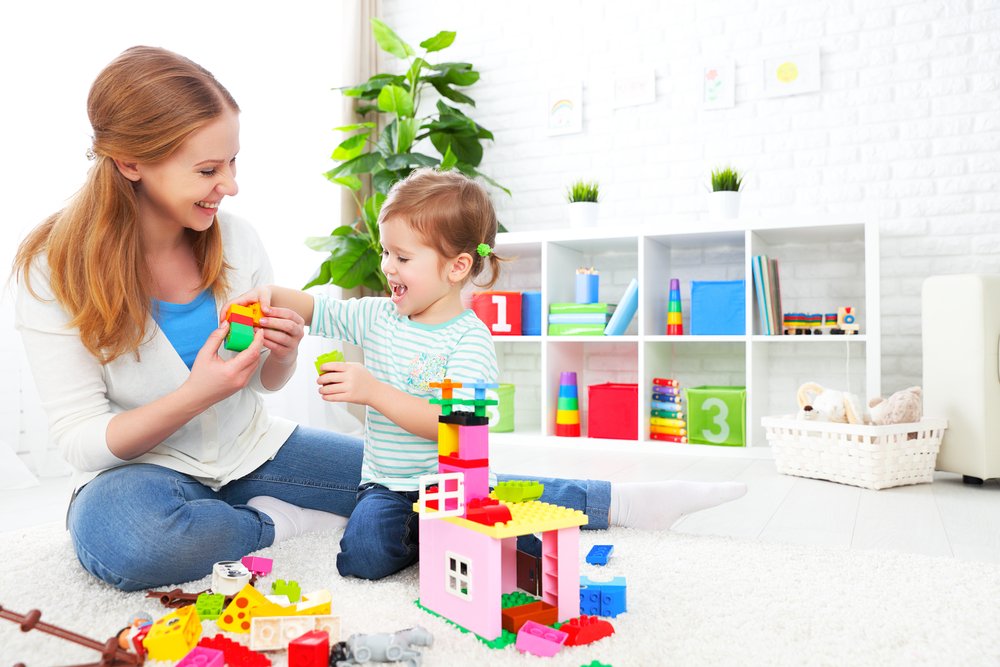
Key points:1. Incorporate your child’s interests or favorite toys to make activities fun and engaging.2. Be mindful of your child’s developmental stage; attention…

Key points:1. Attention skills involve three cognitive networks: alerting, orienting, and executive control.2. Alerting is staying sensitive to information, orienting is focusing on…

Key points:1. Between 36-48 months, preschoolers work hard to develop memory skills, recalling songs, stories, and more.2. Memory development begins before language, relying…

Key points:1. Memory development in children is closely linked to their existing knowledge and experiences.2. A child’s ability to encode and recall memories…

Key points: Attachment is a deep emotional bond between individuals, often observed in child-parent relationships. Attachment significantly influences a child’s emotional, social, and…
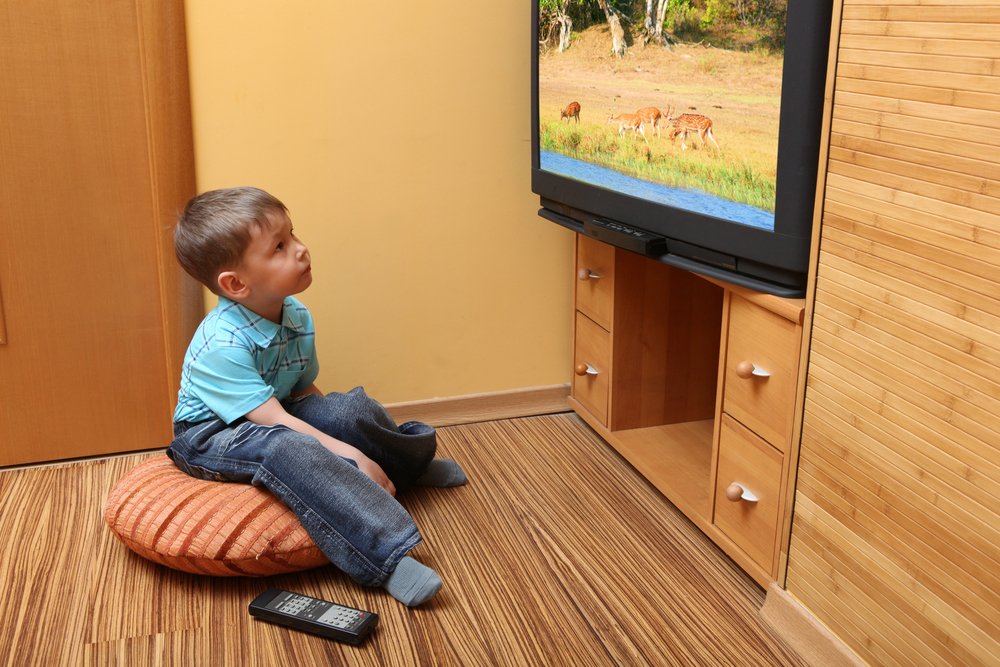
Key points:1. Children aged 18-24 months can be exposed to high-quality children’s media with guidance.2. Between ages 2-5, children can watch up to…
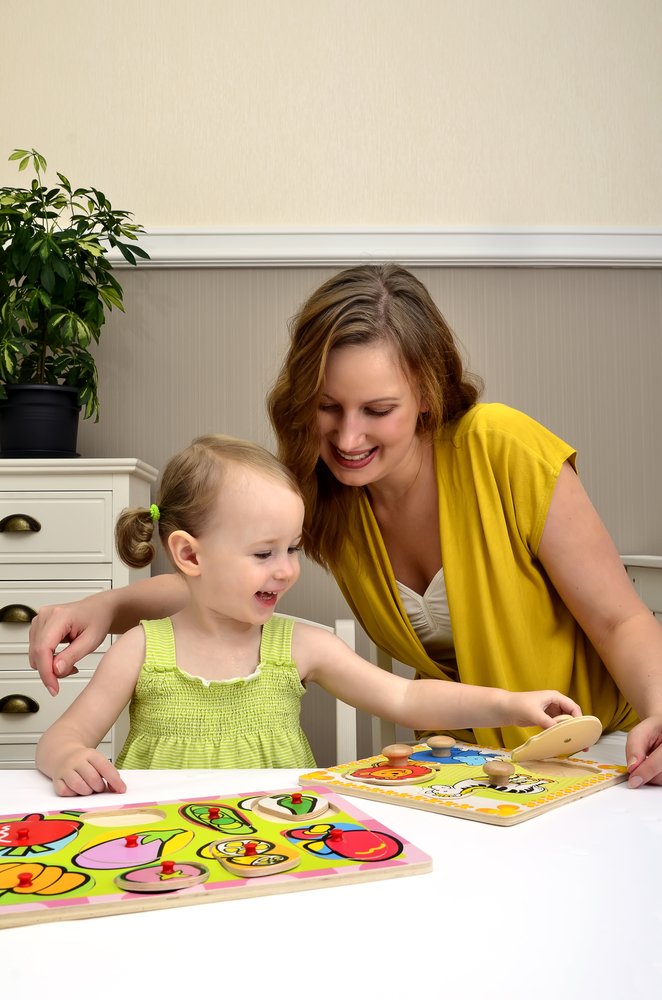
Key points:1. Preschoolers, at around 3-4 years old, are highly curious and eager to understand how things work.2. Encouraging children to ask questions…

Key points:1. Answering a child’s questions fosters cognitive development, stimulating reasoning and problem-solving skills.2. Cognitive skills develop between 36 and 48 months of…

Key points:1. After 24 months, toddlers show a keen interest in understanding how things work and their relationships.2. The incessant “why” questions from…

Key points:1. Preschoolers as young as 3 can distinguish between appearances and reality.2. They can describe both real and fantastical aspects accurately.3. Understanding…
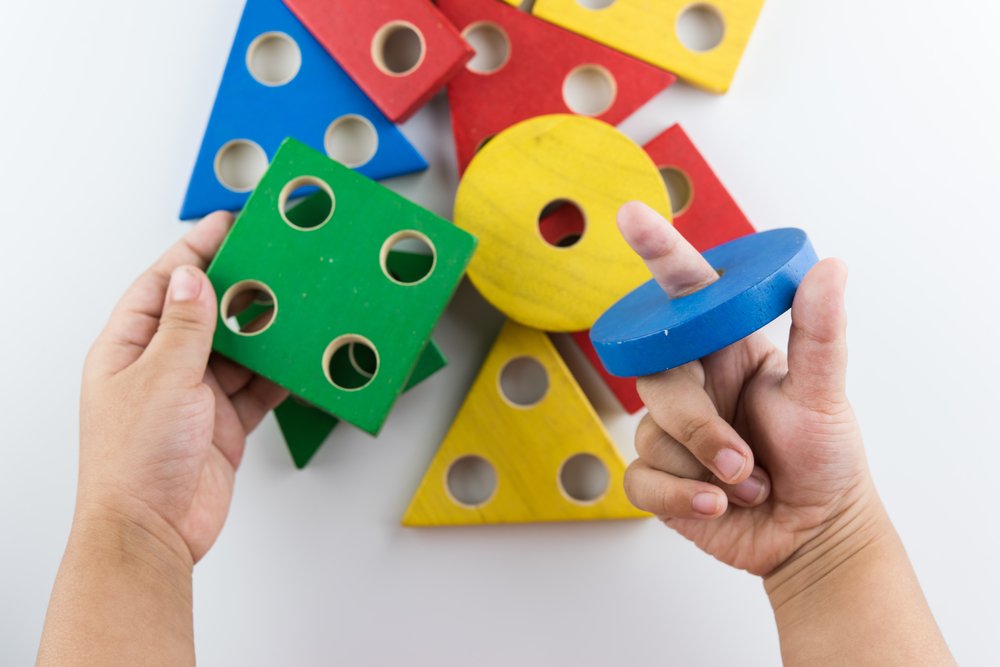
Key points:1. Around age 3-4, children begin understanding object characteristics and properties.2. They progress from identifying shapes and colors to comprehending abstract qualities…
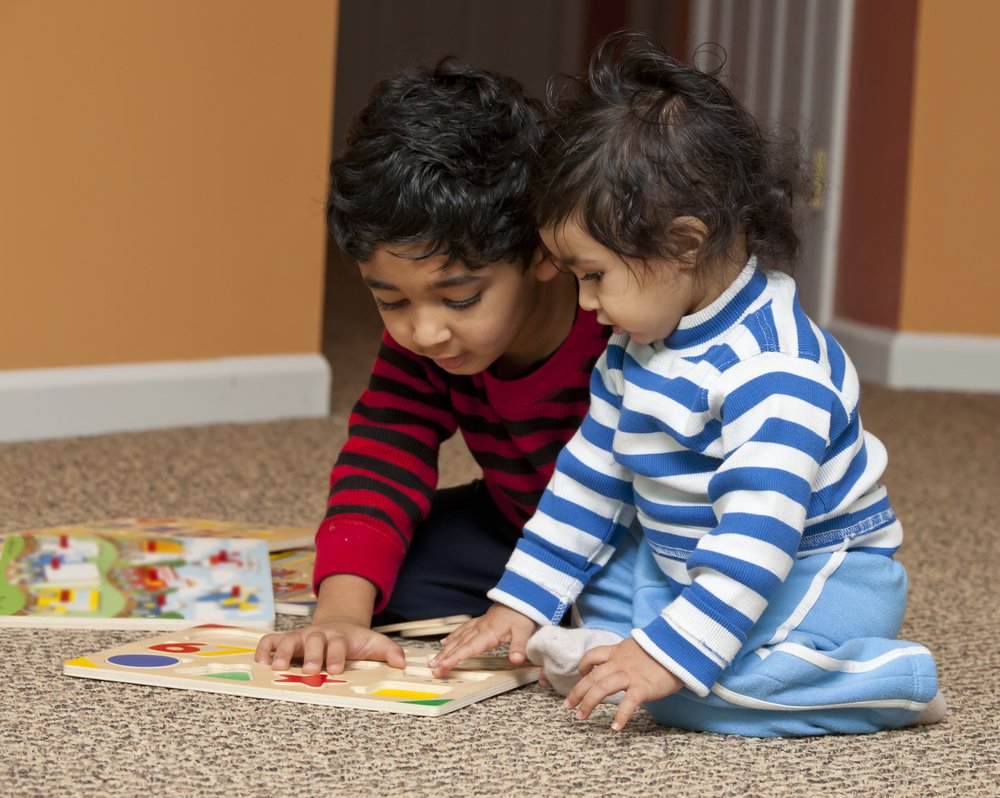
Key points:1. Infants rapidly absorb information about their world by 12 months.2. Around ages 3-4, children start understanding specific object functions and their…
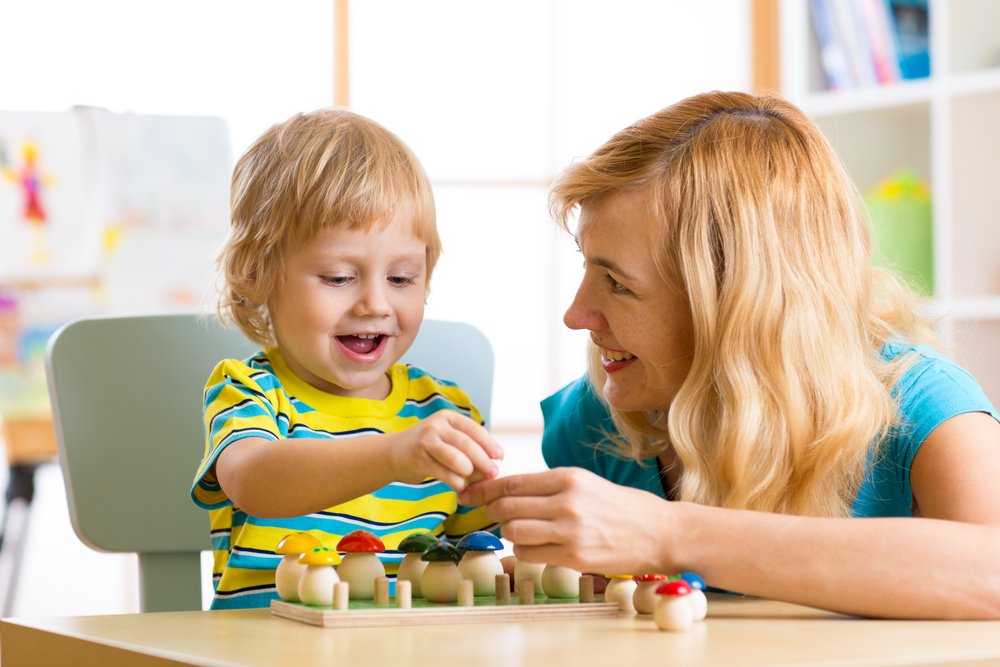
Key points: Ages 36-48 months: Children develop conceptual reasoning skills. Concepts include size, distance, speed, height, weight, and order. Use daily experiences to…
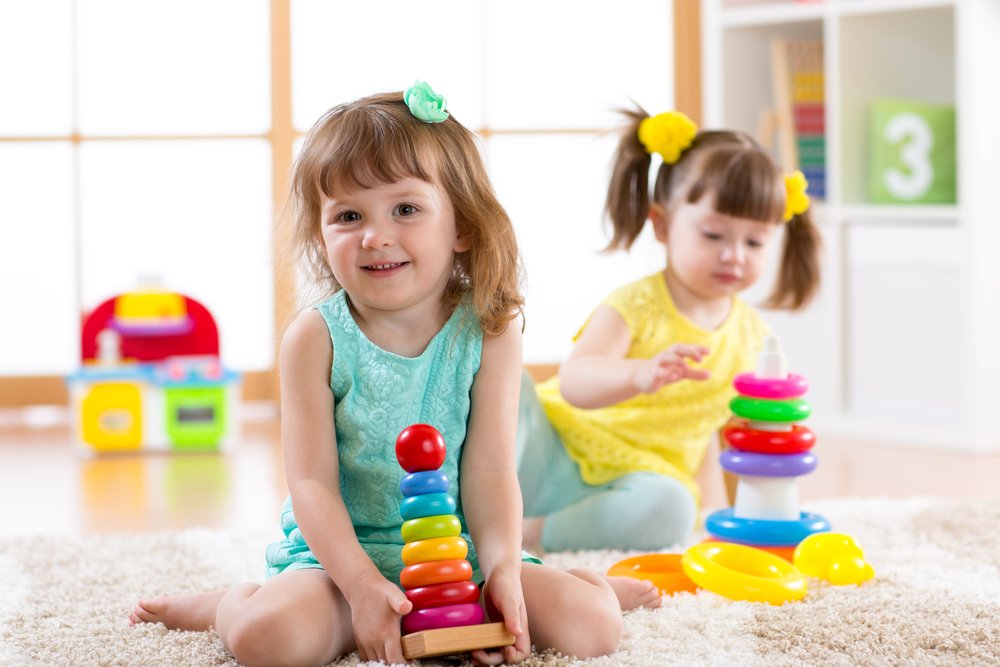
Key points: Preschoolers undergo significant cognitive changes, reaching a stage of enhanced mobility, emotional independence, and increased vocabulary. Developing conceptual reasoning skills around…
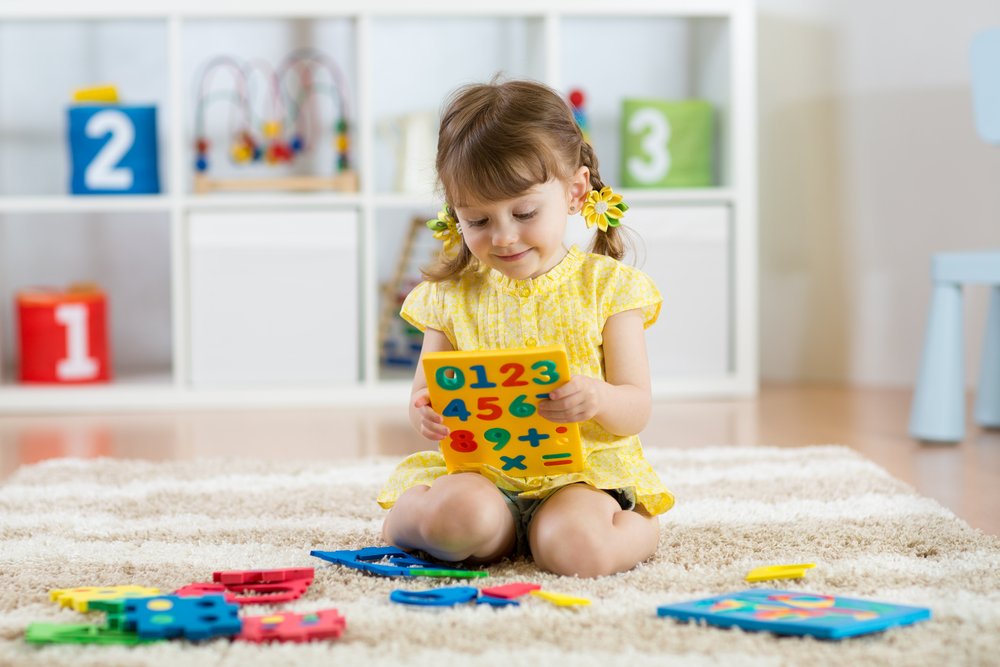
Key points: Numeracy, or math skills, is a crucial aspect of a child’s cognitive development at ages 3 to 4. Children start learning…
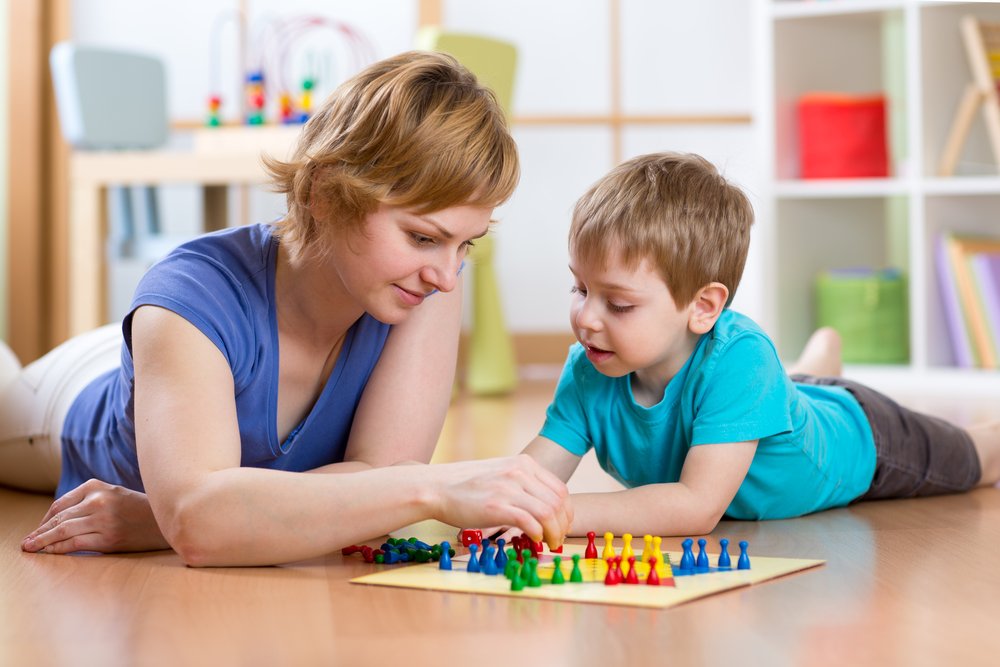
Key points: Children between 24 and 36 months start learning object characteristics and sorting by size, shape, or color. At around 36 months,…

Key Points: Cognitive flexibility is the ability to adapt based on new information. It develops between 3 and 4 years old and is…

Key Points: Toddlers can store memories, but their ability to recall is developing due to ongoing brain maturation. Activities to boost memory include…

Key points: It is normal for children to have imaginary friends, and this type of pretend play is healthy and common. Imaginary friends…